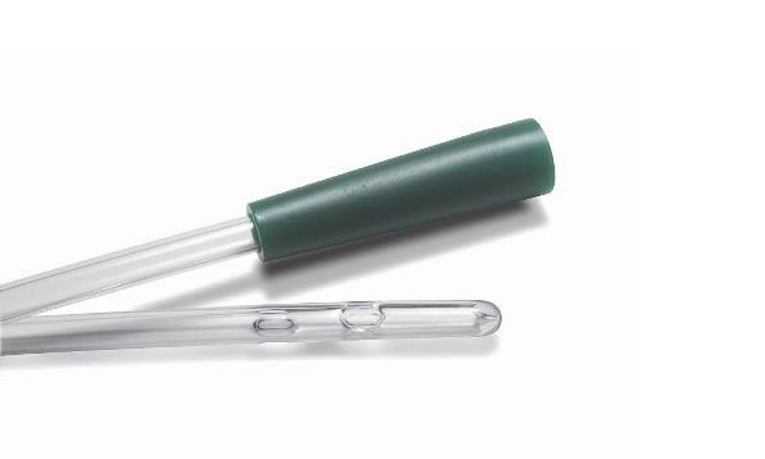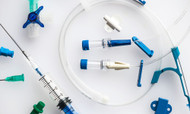Reasons Why You Should Never Reuse a Catheter
Posted by Jeanne Lowry on Sep 7th 2022

Even though intermittent catheters are the best choice for people on the go or those who don’t need to use one long-term, they come with a notable downside: they’re one-time use items. That means when you pull one out to empty, you need to put a new one in. Not only is this annoying because you’ll have to carry a few spares throughout the day, but you’ll also need to buy new ones regularly.
Because of this, many people try to get away with using their intermittent catheters more than once—this is never a good idea. If you’re unaware of the reasons why you should never reuse a catheter, this post will help you gain a better understanding of why this is.
Insertion Will Be Much More Difficult
One problem you’ll likely run into if you erroneously reuse a catheter is that it will be difficult, maybe even painful, to reinsert. Hydrophilic catheters, among many others, won’t have the lubrication needed to slide into place as easily.
Even if you use one of the variations that require you to lubricate them yourself, it won’t be nearly as effective the second time. Some companies have tried to make catheters that retain enough lubricant to be used more than once, but the following problems are still prevalent in those types.
The Catheter’s Effectiveness Will Be Compromised
Since manufacturers make intermittent catheters with the intention of them being used only once before disposal, their effectiveness will become compromised upon repeat usage. Trying to wash, sterilize, and relubricate these products can weaken the integrity of the tubing, leading to cracks that can either leak or cut you upon insertion. Possibly having an accident occur due to either of these issues won’t be worth the money saved by trying to cut corners.
You’ll Risk Getting an Infection
If our reasons for never reusing a catheter haven’t convinced you that it’s a bad idea, this last one will. Your risk of getting an infection such as a UTI increases significantly when you reuse catheters. No matter how well you clean your catheter, there’s always a chance that a pathogen such as E. coli will stay behind and infect you.
Not only are UTIs painful for those who have them, but they can also lead to more severe issues like kidney infections and sepsis. None of these complications are worth the risk, so it’s best to follow the instructions of your intermittent catheters to the letter. You’ll end up paying a much harsher price if you don’t.

